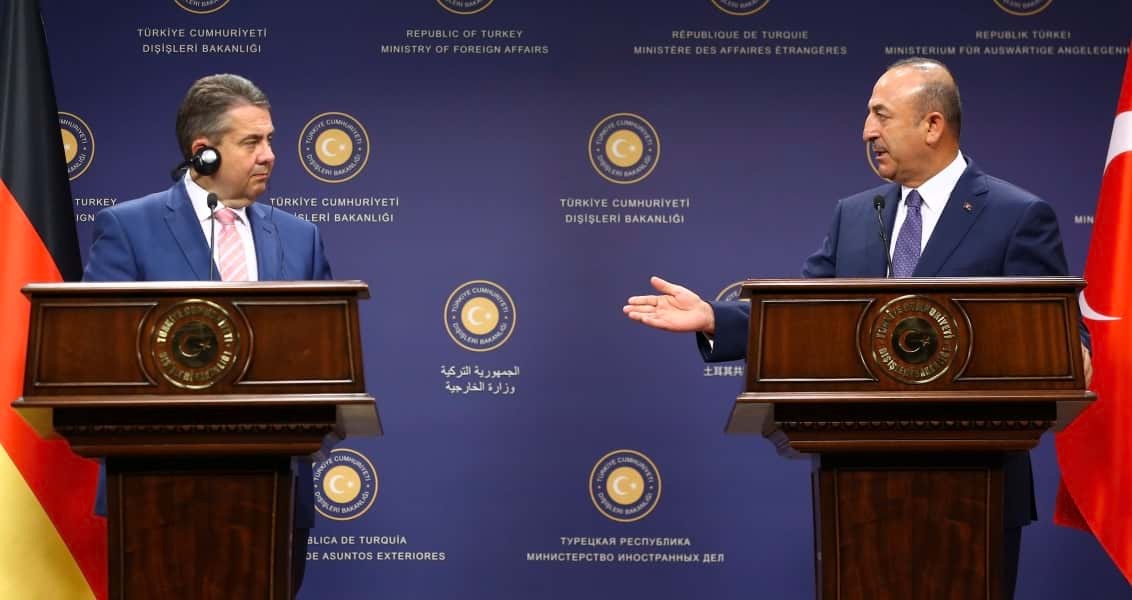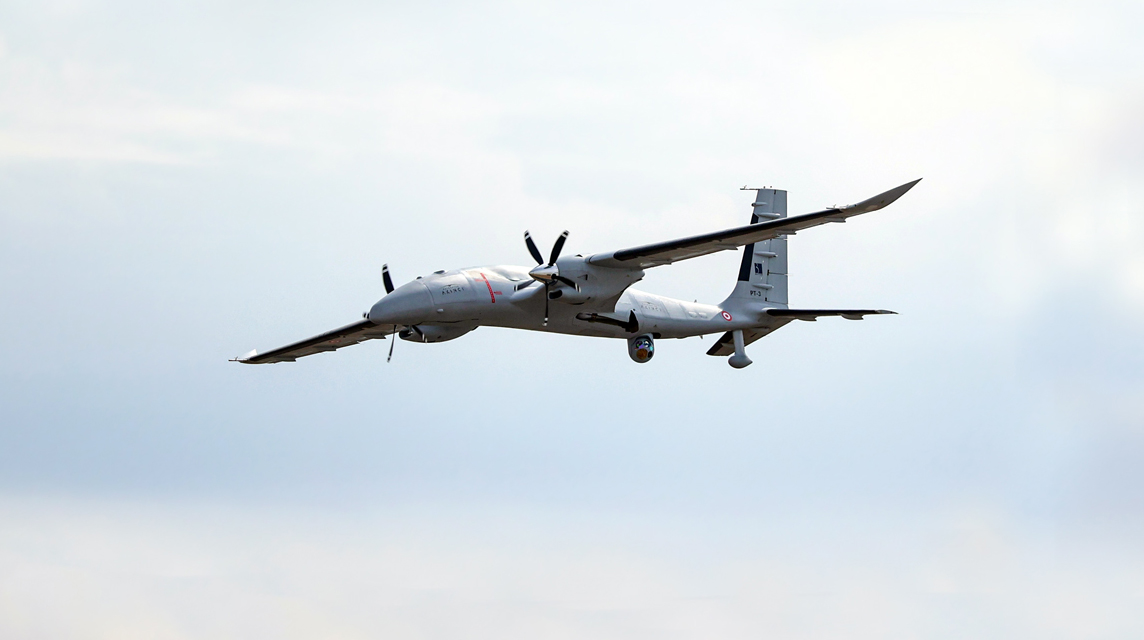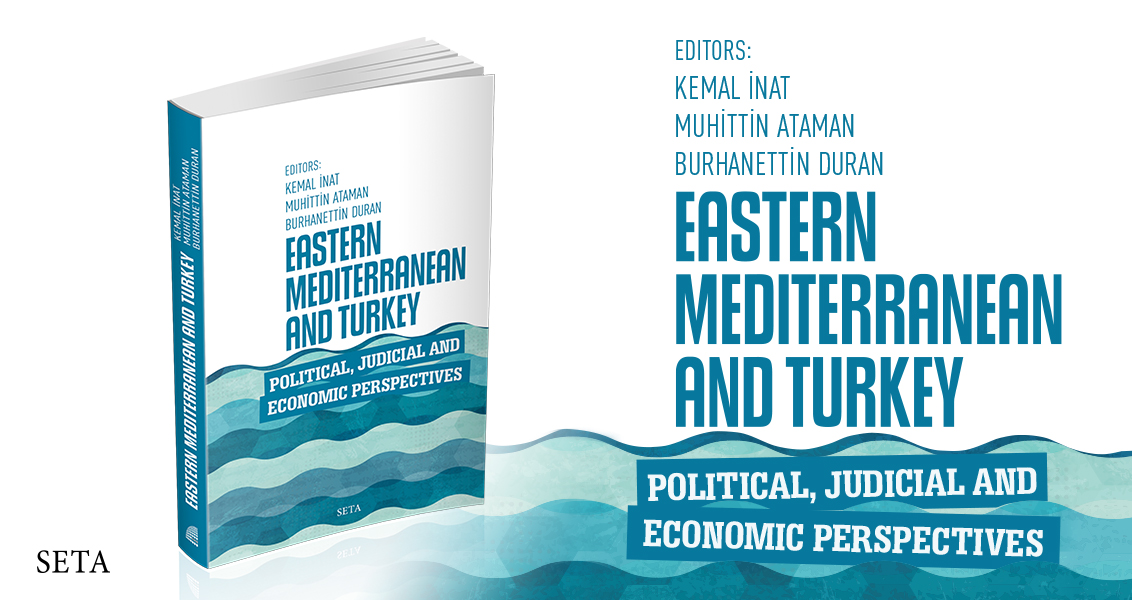
Economics as the Basis of Turkish-German Relations
Strong economic ties continue to constitute the building block of Turkish-German relations today.
Share
Germany always occupied an exceptional position among Turkey's Western allies in view of its conjunctural elasticity in foreign policy and its critical stance against the Anglo-Saxons and Russians in critical historical epochs. Despite occasional crises, Turkish-German relations have mostly been characterized by quite close and institutionalized political, diplomatic and economic ties since the last century of the Ottoman Empire. But it is not difficult to discern that among multifaceted realms of bilateral relations, economic ties have always been the strongest link between the two countries and managed to withstand the impact of political-geostrategic disagreements or conflicts.
In fact, over the course of long-term economic interactions that witnessed the collapse of two empires, two World Wars and formation of two nation states in more than a century, robust integration mechanisms were formed among market actors on both sides. Therefore, when Turkish-German relations go through problematic periods such the one we are observing today, it is always necessary to take a step back and maintain reserves concerning the potential impact of any rift on economic relations.
Historically, the German Empire was late in achieving its national unification and therefore lagged behind Great Britain and France when acquiring new colonies. Thus, for Berlin it was important to maintain friendly relations with the Ottomans to be effective in the Balkans and the Middle East; two key geographic zones that were defined as geostrategic priorities. The strategic significance assigned to these regions by the German establishment continued uninterrupted until today. In the late Ottoman period, Turkey's pattern of modernization gradually switched from the Anglo-French axis to the German model of late development with the Young Turks adopting infant industry production and economic nationalism. Fascination with German modernization and economic success continued during the Republican period and intensifying trade flows reflected the rapprochement. In the 1930s, Germany became Turkey's largest trading partner as a result of Hitler's strategy of eliciting influence from economic integration.
Turkey was incorporated into Germany's global trade network, a development shortly interrupted by World War II.While Turkey joined the Western camp in the Cold War and relations with the United States improved dramatically, strong economic relations with Germany were always preserved. When Turkey was pursuing import substitution industrialization for the local production of consumption goods, German conglomerates were next to their American rivals to collaborate with the rising Turkish industrial bourgeoisie. German multinationals such as Bosch, Siemens, Mercedes, Schneider and Magiruz-Deutz have been part of Turkey's economic development narrative for most of the 20th century. They formed long-term alliances and partnerships with Turkish family-owned holding companies such as Koç, Sabancı and Eczacıbaşı and even with the Turkish army through its economic conglomerate-OYAK. In tandem with German foundations operating in Turkey, they acquired deep connections across Turkish society with regard to politicians, journalists, diplomats, civil society leaders, business actors, academics, etc.
Therefore, regardless of the development strategy, macroeconomic governance framework or political conjuncture, German market actors were always strongly present in Turkey, ensuring uninterrupted trade and investment flows. They were proactive during import substitution in the 1960s and 1970s, increased their presence after economic liberalization in the 1980s and reached their zenith following the Customs Union with the European Union in 1996. The Customs Union transformed Turkey into a high quality, low-cost and zero custom tax production base for most German industrial conglomerates. Bilateral trade volume reached $35 billion, while the 3 million Turkish expats living in Germany, employing 450,000 people and contributing to German GDP with a value added of $50 billion became an important economic asset.
Strong economic ties continue to constitute the building block of Turkish-German relations today. Germany is currently Turkey's largest trading partner, stands in first position in receiving Turkey's exports and follows China as the second largest exporter to Turkey. Despite the impact of economic difficulties in recent years, German visitors still represent one of the most important assets for Turkish tourism. Yet the most important channel of German influence on the Turkish economy is the 6,800 German companies operating in most sensitive sectors of the Turkish market. German companies by far outweigh all of their global rivals when it comes to cumulative direct investment in Turkey, which explains the depth of economic partnerships between German and Turkish conglomerates.
At a time when Germany is trying to protect its global trade network and $2 trillion worth of exports under waves of neo-protectionism and trade wars, its trade and production links with Turkey are too valuable to be sacrificed for political purposes. Thus, rhetorical statements from Berlin constantly threatening Ankara with economic sanctions are bound be pure rhetoric. The fact that the latest public tender for renewable wind energy worth $1 billion was won by a consortium including German Siemens confirms that economic cooperation will continue to expand in the near future.
[Daily Sabah, August 26, 2017]
Tags »
Related Articles







